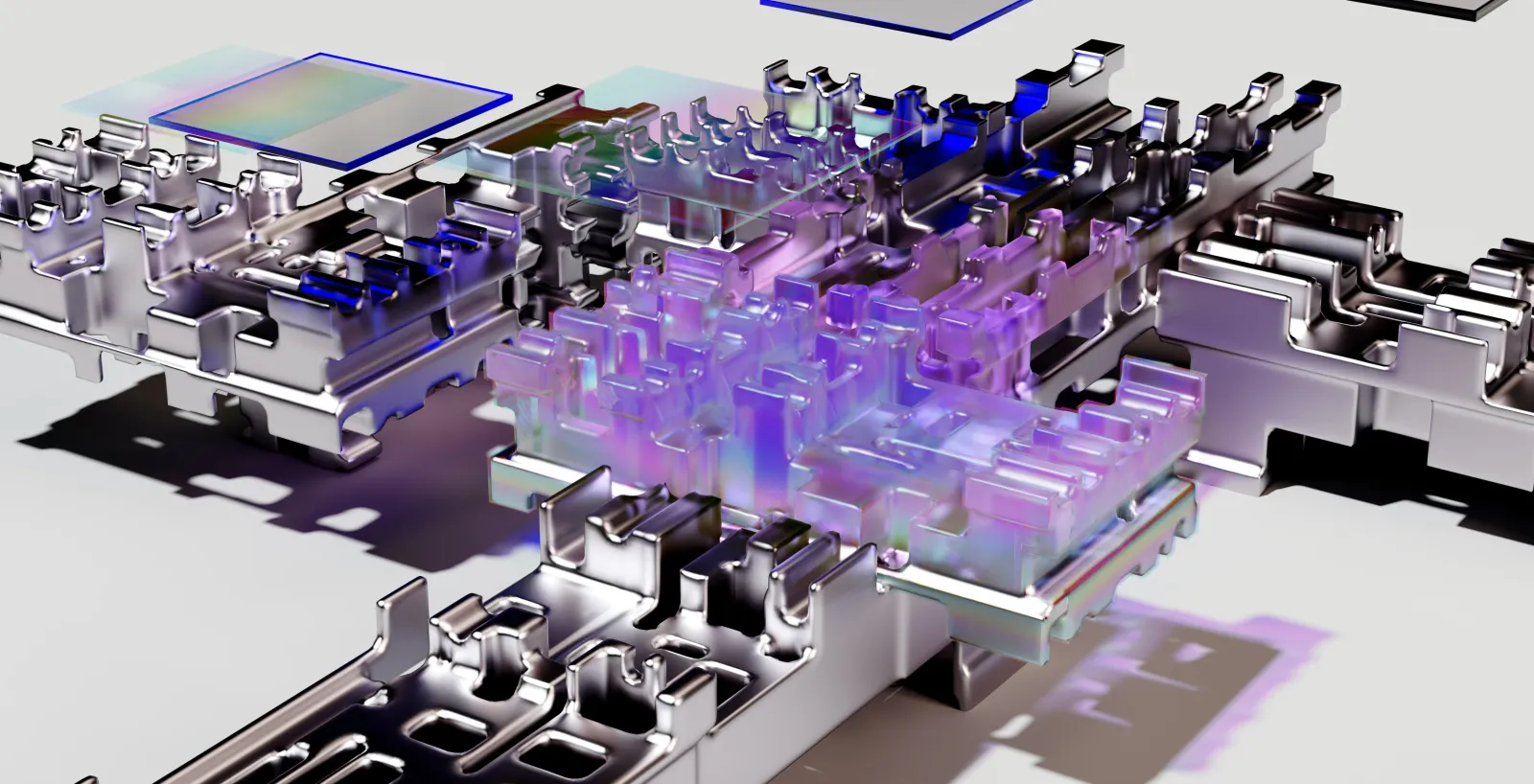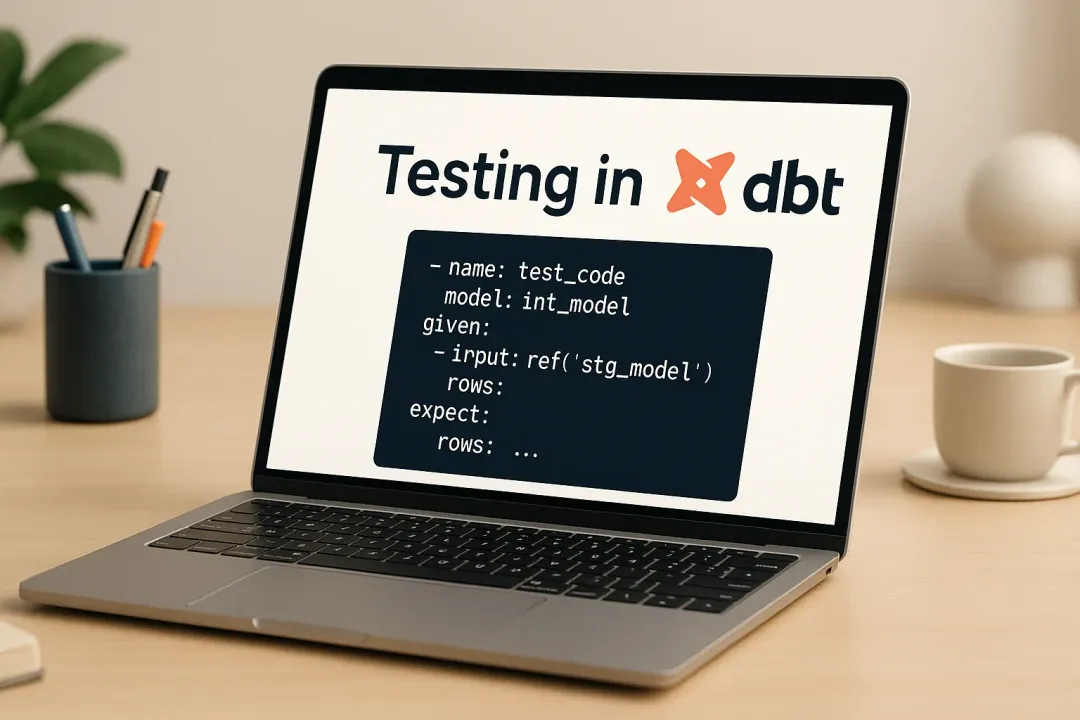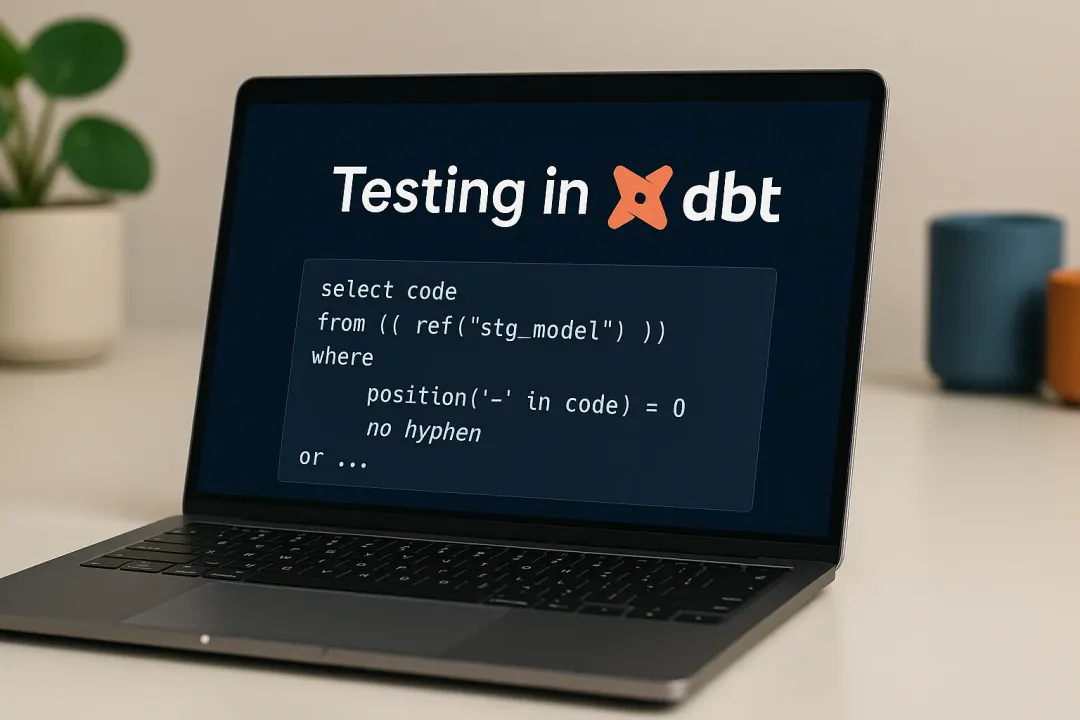
Maria Chojnowska
11 May 2023, 10 min read

What's inside
Artificial Intelligence (AI) has become a highly discussed topic across various industries, including technology, business, healthcare, finance, and more. With significant advancements in recent years, AI is transforming industries by creating intelligent machines that can perform tasks that typically require human intelligence. In other words, AI aims to create machines that can think, learn, and solve problems like humans.
- Read more: What is AI, and is it Out of Your League?
To achieve this goal, AI involves the development of algorithms and models that enable machines to perform cognitive tasks such as image and speech recognition, decision-making, and natural language processing. These algorithms and models are designed to learn from data, enabling machines to improve their performance over time through experience.
AI can be broadly classified into narrow or weak AI and general or strong AI. Narrow or weak AI refers to systems designed to perform specific tasks, such as image recognition or natural language processing. General or strong AI refers to techniques that can perform any intellectual task a human can do.
Let’s talk about how AI is changing the world, focusing on the following fields:
- healthcare
- business and finance
- entertainment
AI in Healthcare
AI has become a buzzword in various industries, including healthcare, due to its potential to transform it in many ways, from improving patient outcomes to reducing costs and enhancing the efficiency of healthcare delivery.
AI assists doctors in diagnosing diseases in several ways, including medical imaging analysis, pattern recognition, decision support systems, natural language processing, and remote monitoring. These AI-powered systems can analyze large amounts of data quickly and accurately, identify patterns and correlations that may not be apparent to human doctors, and assist with decision-making, leading to earlier and more accurate diagnoses.
Integrating AI into healthcare systems presents challenges and opportunities, and this paragraph aims to explore the current and potential uses of AI in healthcare.
How is AI helping doctors to diagnose diseases?
There are many examples of AI-powered medical tools that doctors worldwide use, such as IBM Watson for Oncology, Google DeepMind Health, and AliveCor KardiaMobile. These AI-powered systems and devices can potentially provide faster and more accurate diagnoses, personalized treatment plans, and better clinical decision-making.
One of the most significant benefits of AI in healthcare is its ability to analyze large amounts of data quickly and accurately.
Specific ways to assist doctors in diagnosing diseases might look like this:
- AI algorithms can analyze medical images, such as X-rays, MRIs, and CT scans, to detect abnormalities and diagnose diseases. For example, AI algorithms can identify cancerous lesions in images of mammograms or identify potential signs of stroke in brain scans.
- AI algorithms can analyze patient data, including medical history and genetic information, to identify patterns and correlations that may not be apparent to human doctors. For example, AI can identify patterns of symptoms that suggest a specific disease or condition.
- AI-powered decision support systems can assist doctors in making diagnoses by analyzing patient data and providing suggestions for diagnoses or treatment options. These systems can help doctors avoid misdiagnoses or ensure they consider all relevant information when diagnosing.
- AI can analyze patient records, including doctor's notes and test results, using natural language processing (NLP) to identify patterns that may indicate a particular disease or condition. For example, AI can analyze patient records to identify patterns of symptoms associated with a specific disease.
- AI-powered devices can monitor patients remotely, collecting data on their vital signs, symptoms, and other health information. AI algorithms can analyze this data to detect early signs of disease or changes in health status that may indicate a problem.
I am sure that as AI technology continues to develop, we can expect to see even more innovative applications of AI in healthcare in the future.
The impact of AI on patient outcomes
One of the ways to improve patient outcomes is to make faster and more accurate diagnoses. Thanks to AI-powered systems that can analyze vast amounts of data to help doctors make faster and more accurate diagnoses. What comes with it is personalized treatment plans that consider individual patient characteristics (e.g., genetics, medical history, etc.)
Besides that, AI-supported systems can help doctors make better clinical decisions and provide evidence-based recommendations. In some cases, AI-powered devices can monitor patients remotely, collecting data on their vital signs, symptoms, and other health information. AI algorithms can analyze this data to detect early signs of disease or changes in health status that may indicate a problem, leading to earlier interventions.
All this can lead to better patient outcomes and improve the quality of care. The impact of AI on patient outcomes is significant and has the potential to revolutionize healthcare. Since AI-powered systems and tools can improve diagnostics accuracy, develop personalized treatment plans, and enhance clinical decision-making, we are approaching a new quality of care.
However, it is essential to ensure that AI is used responsibly and ethically to maximize its benefits while minimizing potential risks or unintended consequences.
AI in Business and Finance
AI rapidly transforms the business and finance industries. It has the potential to revolutionize how businesses operate, from improving customer experiences to streamlining internal processes and reducing costs.
In finance, AI has the potential to enhance risk management, improve fraud detection, and enable more personalized financial advice. The use of AI in business and finance is in its early stages. Still, it is already showing promise in improving efficiency and productivity while enhancing the overall customer experience.
How is AI helping businesses to streamline their operations?
AI is helping businesses to make their operations easier and more accessible - and that is, without a doubt, a good thing. By integrating AI into their operations, companies can reduce costs and improve efficiency and customer experience.
There are several ways AI is helping businesses streamline their operations. Let’s focus on the following:
- AI-powered automation tools can streamline repetitive and time-consuming tasks, such as data entry and document processing, freeing employees to focus on higher-level tasks requiring human expertise.
- AI can analyze vast amounts of data to identify patterns and predict future outcomes, enabling businesses to make more informed decisions about inventory management, customer behavior, and other key business operations.
- AI-powered chatbots and virtual assistants can provide customers instant support and personalized recommendations, improving the customer experience and reducing the workload on customer service representatives.
- AI can optimize supply chain management by predicting demand, identifying bottlenecks, optimizing delivery routes, reducing costs, and improving efficiency.
- AI-powered fraud detection systems can analyze transactions and identify potential fraudulent activity in real-time, enabling businesses to take immediate action to prevent losses.
By leveraging AI, financial institutions can make more informed decisions, provide personalized services, and improve risk management, leading to better financial outcomes for individuals and businesses.
The impact of AI on the financial industry
AI has significantly impacted the financial industry, offering improved efficiency, enhanced customer experience, better risk management, trading and investment opportunities, and regulatory compliance.
AI-powered automation tools can streamline many processes, like data entry. Thanks to that, financial institutions can operate more efficiently. Chatbots and virtual assistants can provide customers with instant support and personalized recommendations. This significantly improves the customer experience and reduces the workload on customer service employees.
AI can help detect and mitigate risks more effectively. This can include fraud detection systems, credit scoring algorithms, and predictive analytics tools. Regarding trending and investment, AI-powered trading algorithms can analyze market data and make real-time trading decisions, leading to more profitable trades. Robo-advisors can provide personalized investment advice based on an individual's goals and risk tolerance.
AI-powered tools can also help financial institutions to comply with regulations more effectively by automating compliance monitoring and reporting.
AI in Entertainment
Artificial Intelligence is increasingly used in the entertainment industry to create and upgrade content, personalize user experiences, and improve efficiency. AI technology can be used in various entertainment areas, including music, movies, video games, and live events.
One area where AI is making a significant impact is content creation. AI-powered tools can analyze large amounts of data and generate content based on patterns and trends. For example, AI algorithms can generate music tracks, suggest movie plotlines, and create virtual characters. These tools can help to streamline the content creation process and provide new creative opportunities.
AI is also being used to personalize user experiences in the entertainment industry. Streaming services, for example, can use AI algorithms to recommend content to users based on their viewing history and preferences. AI can also create interactive experiences in movies and video games, allowing users to make choices that affect the story's outcome. Additionally, AI improves efficiency by automating specific tasks, creating interactive experiences in movies and video games, and making entertainment more accessible to people with disabilities.
It can improve efficiency and boost the fan experience in the live event industry. For example, AI-powered ticketing systems can help event organizers to predict demand and price tickets accordingly, while AI-powered security systems can identify potential threats and prevent incidents.
Finally, AI-powered advertising tools are creating more targeted ads, making it easier for advertisers to reach their desired audience.
As AI technology evolves, it will be exciting to see how it further transforms the entertainment industry. Even though AI has many potential benefits in entertainment, challenges must be addressed. Ethical considerations, such as data privacy and algorithm bias, must be taken into account, and there are questions about the impact of AI on jobs in the entertainment industry.
Conclusion
AI has numerous applications in various fields, including healthcare, finance, education, transportation, and entertainment. It can perform tasks previously only possible for humans—for example, natural language processing, image recognition, and decision-making.
We have to admit that Artificial Intelligence is becoming an integral part of our lives. From Siri to self-driving cars, AI is revolutionizing the way we live, work, and interact with each other.
In conclusion, AI is already changing the world in many ways, and its impact will only continue to grow. We will likely see even more applications of this technology daily. These (just a few!) mentioned real-world examples show how powerful and transformative it can be.
Whether in healthcare, business, education, transportation, or entertainment, AI is improving the world. While there are potential risks and challenges, the benefits of AI are significant and far-reaching. As we continue to develop and integrate AI into our lives, it is important to consider both the opportunities and the potential consequences.
Let’s remember that the most successful outcomes are achieved when AI is used as a tool in collaboration with human intelligence.
TL;DR
Artificial intelligence (AI) is changing the world in numerous ways, and its impact will only continue to grow. Here are some of the ways that AI is changing the world:
- Increased efficiency and productivity: AI can automate many tasks, such as data analysis and repetitive processes, allowing humans to focus on more complex and creative work.
- Improved healthcare: AI can help diagnose diseases, personalize treatments, and even assist in surgery, potentially leading to better health outcomes.
- Enhanced safety and security: AI can help detect and prevent security threats like cyber-attacks and monitor and respond to natural disasters.
- Personalization: AI can analyze large amounts of data to provide personalized products, services, and content recommendations.
- Environmental impact: AI can help monitor and reduce energy consumption, emissions, and waste, potentially leading to a more sustainable future.
- Transportation: AI can help improve transportation safety and efficiency and assist in developing autonomous vehicles.
The future of AI is promising, with many exciting developments on the horizon. Some potential areas of growth include:
- Continued advances in healthcare: AI could revolutionize healthcare with personalized medicine and more accurate diagnoses.
- Greater automation: AI could automate more tasks, potentially increasing productivity and efficiency.
- Improved human-machine interaction: AI could lead to more intuitive and natural interactions between humans and machines, such as voice assistants and chatbots.
- Increased collaboration: AI could facilitate collaboration between humans and machines, potentially leading to innovations and breakthroughs.
However, it also raises ethical and societal concerns, such as the potential for AI to replace human jobs and the need for responsible and ethical use of AI.


